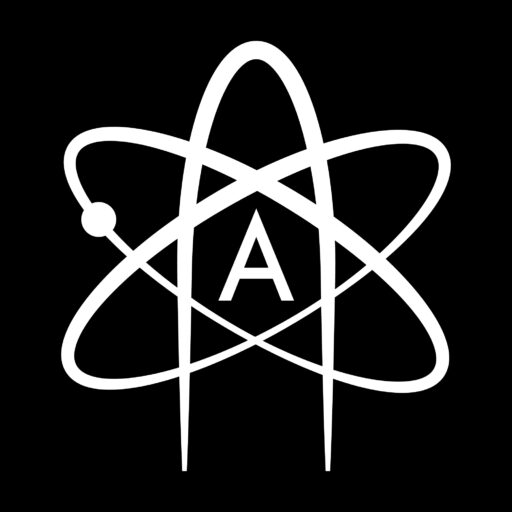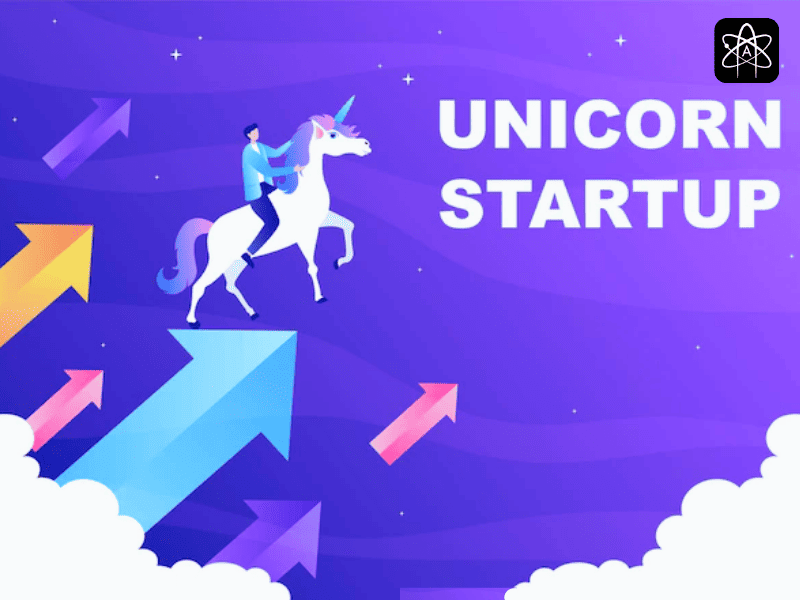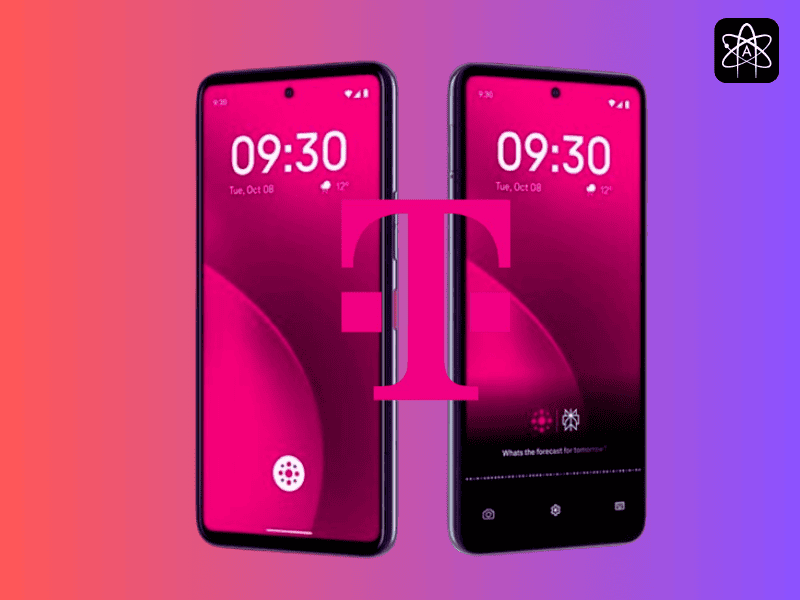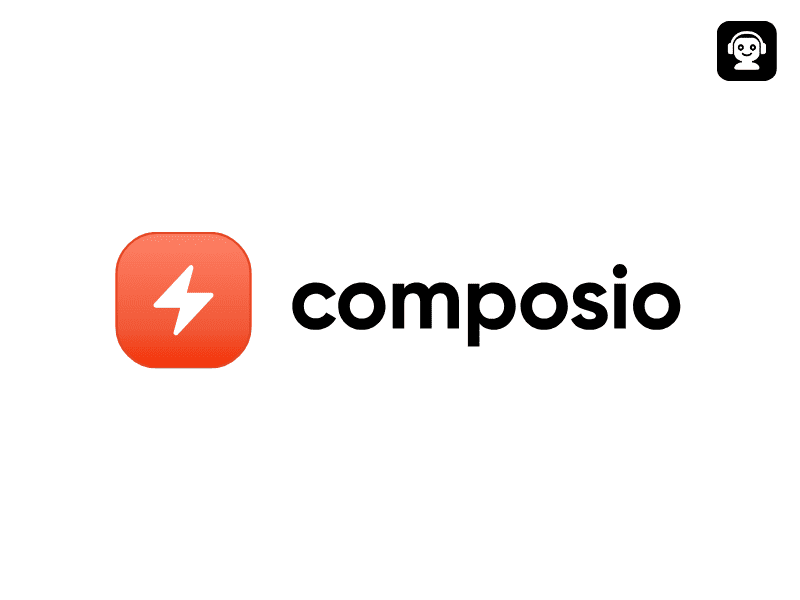Sola Solutions Enterprise AI Raises $21M in the New Dawn of AI
The complex and compelling startup stories begin not in Silicon Valley but in Zoom calls with the next leaders

The complex and compelling startup stories begin not in Silicon Valley but in Zoom calls with the next leaders of technology and artificial intelligence. This is the exact case of Sola Solutions enterprise AI. The enterprise AI startup was co-founded by Jessica Wu and Neil Deshmukh. Recently, Sola Solutions enterprise AI was backed by heavyweight investors Sarah Guo of Conviction and Kimberly Tan of Andreessen Horowitz, and it raised $21 million. The enterprise AI tried to reinvent how businesses handle repetitive work.
The deal is remarkable, and it is not only because of the capital but also because of the people behind it. Wu, Guo, and Tan have all acknowledged that being part of an all-women artificial intelligence deal is very rare. None of them could recall or remember such an occurrence before, and yet they are here now. The Sola Solutions enterprise AI is teaching and proving that women are not just participants but leaders as well in the next phase of enterprise technology. It is very ambitious, and Sola Solutions wants to be the next-generation platform that tries to manage manual and repetitive tasks using artificial intelligence.
So, let’s start to learn at how Sola Solutions enterprise AI raised $21 million and how it is helping the entire enterprise AI. Unlike the old-school robotic process automation tools of the 1990s, which required armies of consultants, Sola Solutions is trying to bring simplicity and intelligence to industries that need Sola the most.
The $21 Million Funding Story
The Sola Solutions enterprise AI funding is structured across two significant rounds, and the first was a $3.5 million seed round, which was led by Sarah Guo’s Conviction. The second is by far the largest, and it was a $17.5 million Series A and was led by Andreessen Horowitz, where Kimberly Tan leads enterprise AI investments. These two rounds mark a very pivotal moment for Sola Solutions and are setting it apart as one of the most exciting new players in the enterprise AI landscape. The symbolism of the deal is very hard to ignore, and we need to think about the three-women leader leading this seed funding.
The three women are Wu as a founder, Guo as a seed investor, and Tan as a Series A investor, and they are all steering a major artificial intelligence funding deal. Even though they insist that the gender dynamic was not very intentional and they all agree that it is very common in the field of artificial intelligence. Wu even remarked on the rarity of being surrounded by women in the startup ecosystem and noted how they rarely see women who are founders in such spaces. According to us, this alignment of talent and vision is a refreshing signal in the venture ecosystem, and it is not about tokenism but about capability.
The size of the Series A funding is $17.5 million at this stage, which suggests that investors believe Sola Solutions is not just experimenting. The main aim of Sola Solutions enterprise AI is to build a platform for scaling all industries and potentially rivalling the likes of UiPath in influence.
The Product Vision with AI Agents
The major problem that Sola Solutions enterprise AI is trying to fix is the problem of manual, repetitive work that drains time and resources. Traditional Robotic Process Automation platforms like UiPath have promised to provide solutions, but they often fail to do so. Wu is herself describing them as 1990s-era software that constantly broke and required hundreds of consultants to implement. The answer of Sola Solutions enterprise AI is to move past the brittle systems and rule-based automation. It relies on artificial intelligence agents.
The breadth of industries that Sola Solutions targets is striking. Wu mentioned the logistics, insurance, and operational finance professionals among the first groups. These are some sectors that have historically leaned towards offshoring to manage repetitive tasks, and Sola Solutions enterprise AI automation could eliminate the need for outsourcing. According to our perspective, the genius here lies in accessibility, and too many enterprise AI products still assume a technical baseline among their users and audience. With a good, old, verticalized, and legacy business design, Sola Solutions’ enterprise AI ensures that the platform meets users where they are.
Read More: AI Unicorn Startups Worth $2.7 Trillion Are Creating a New Wave of Billionaires
Read More: Infosys Versant Group Acquisition and $153M AI Growth in Australia
The Future of Sola Solutions Enterprise AI
The vision of Sola Solutions enterprise AI will be everything, and building AI that consistently works for end-users in diverse industries can be challenging. Legacy businesses are notoriously difficult to modernise, and there can always be a risk of being overpowered, which can be a trap that many RPA players fall into. Wu, however, was offering optimism, and she emphasised that not just product vision but empathy and rallying customers to her side. Investors clearly believe this approach, and Sarah Guo and Kimberly Tan both point to Wu’s ability to connect product design with reality.
If the Sola Solutions enterprise AI succeeds, it would not just replace offshore labour or outdated RPA systems; it could redefine how enterprises view artificial intelligence as a partner or assistant.





